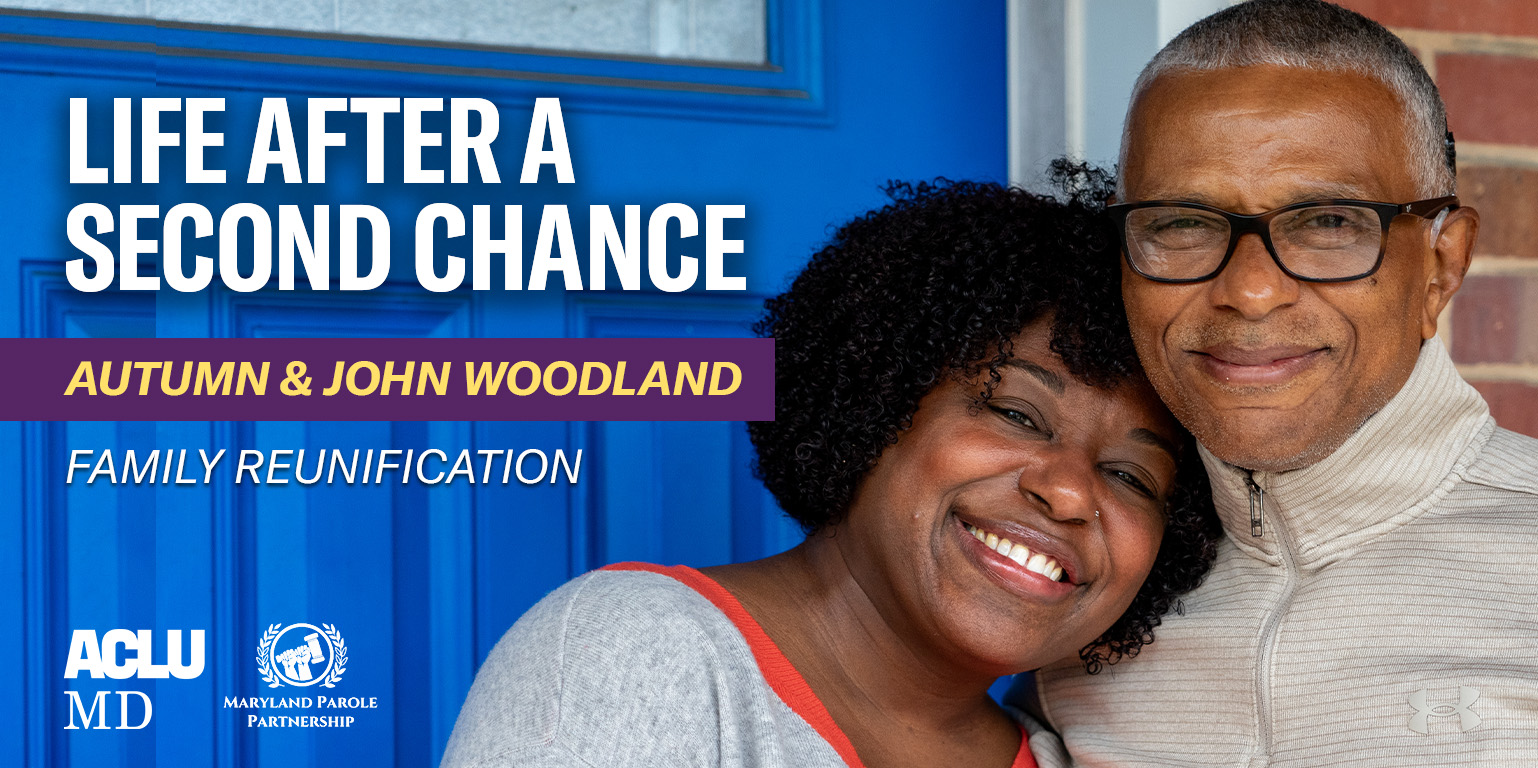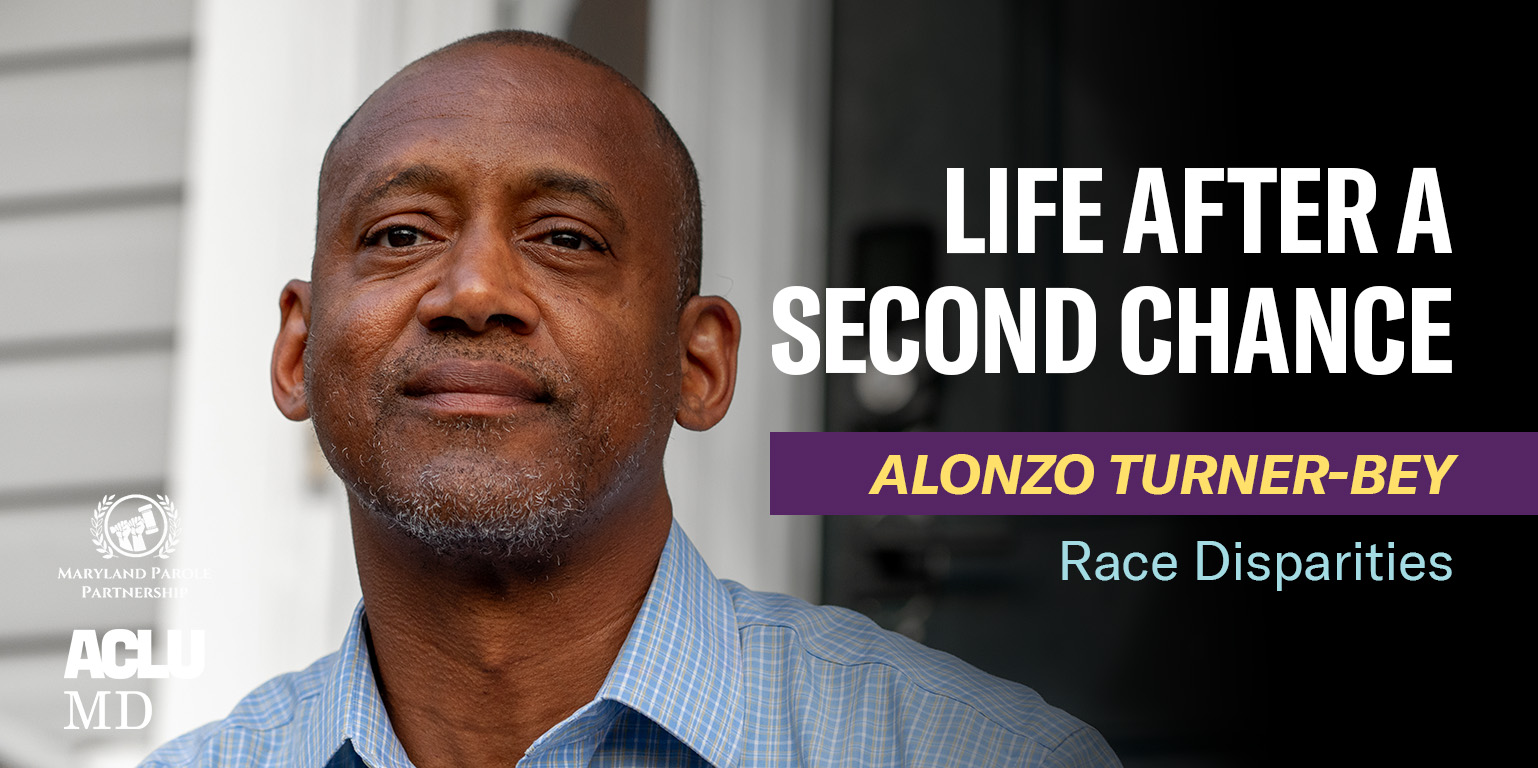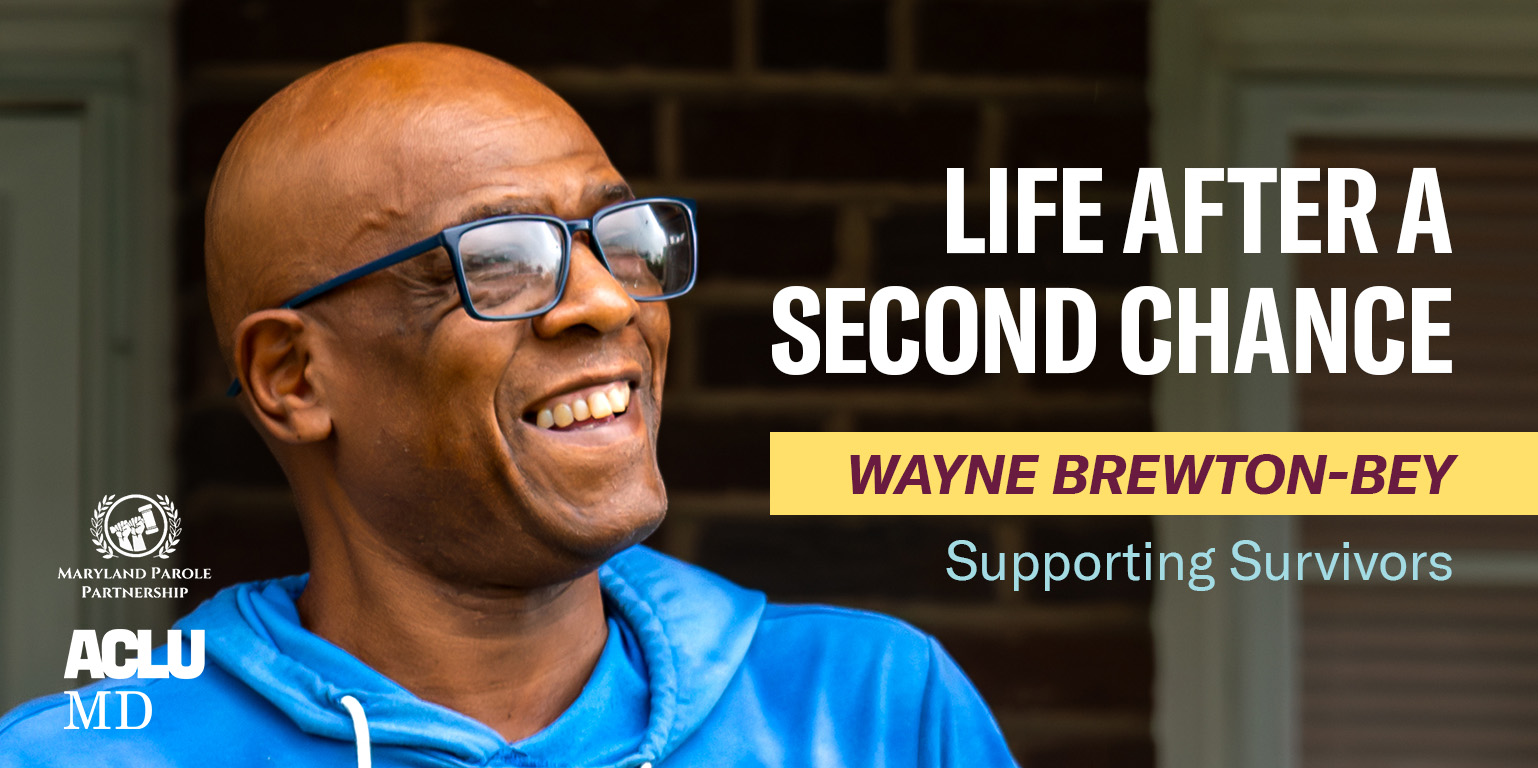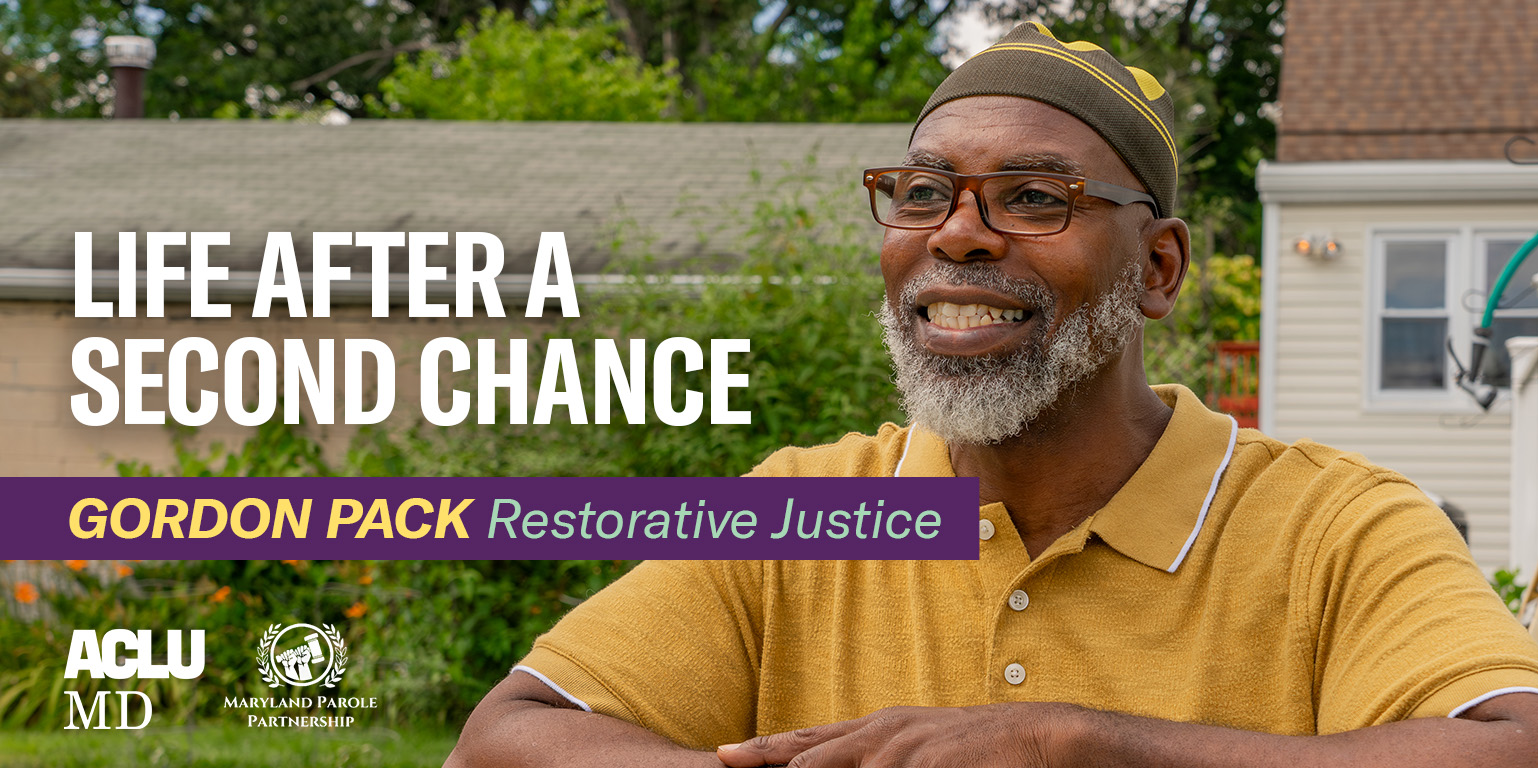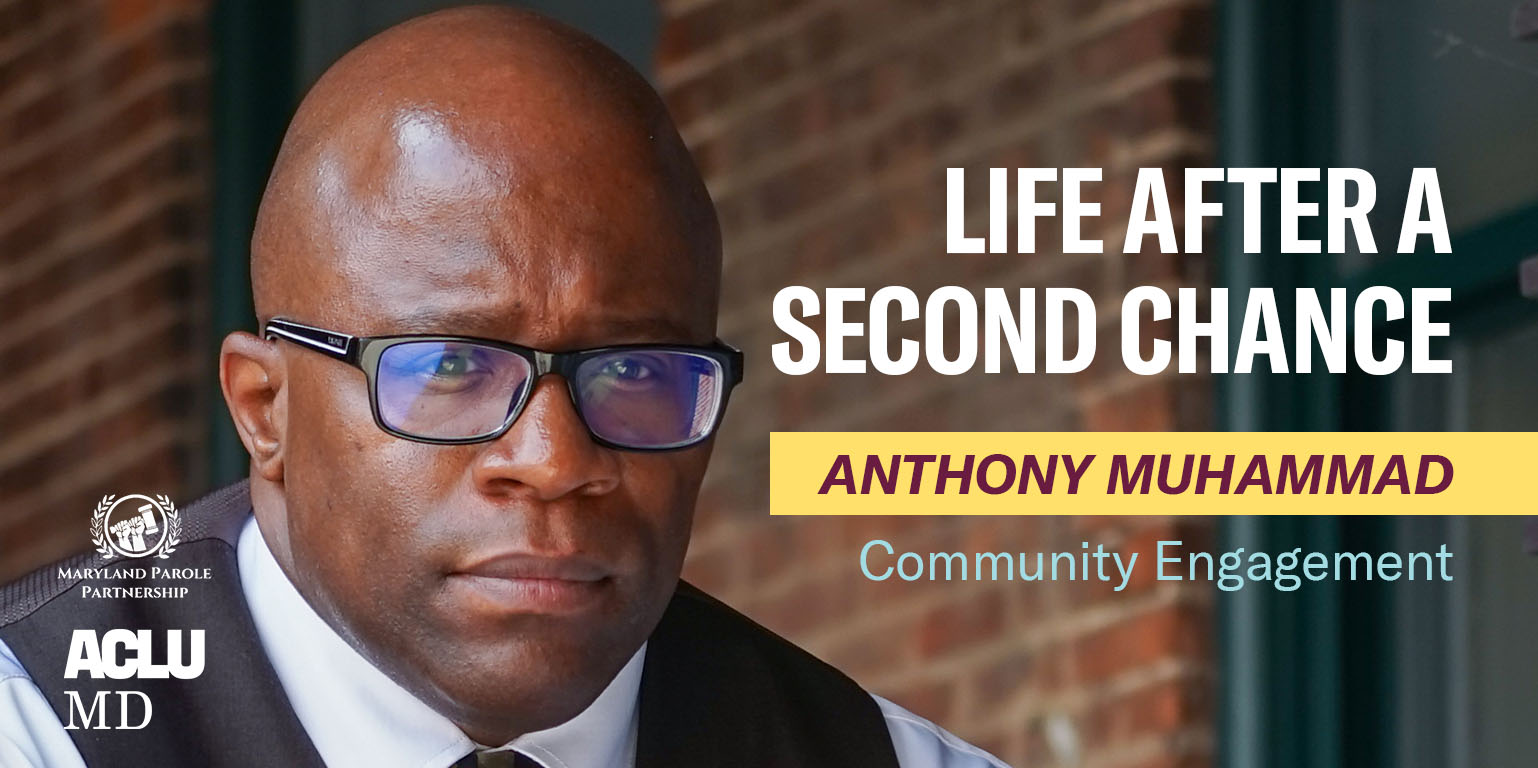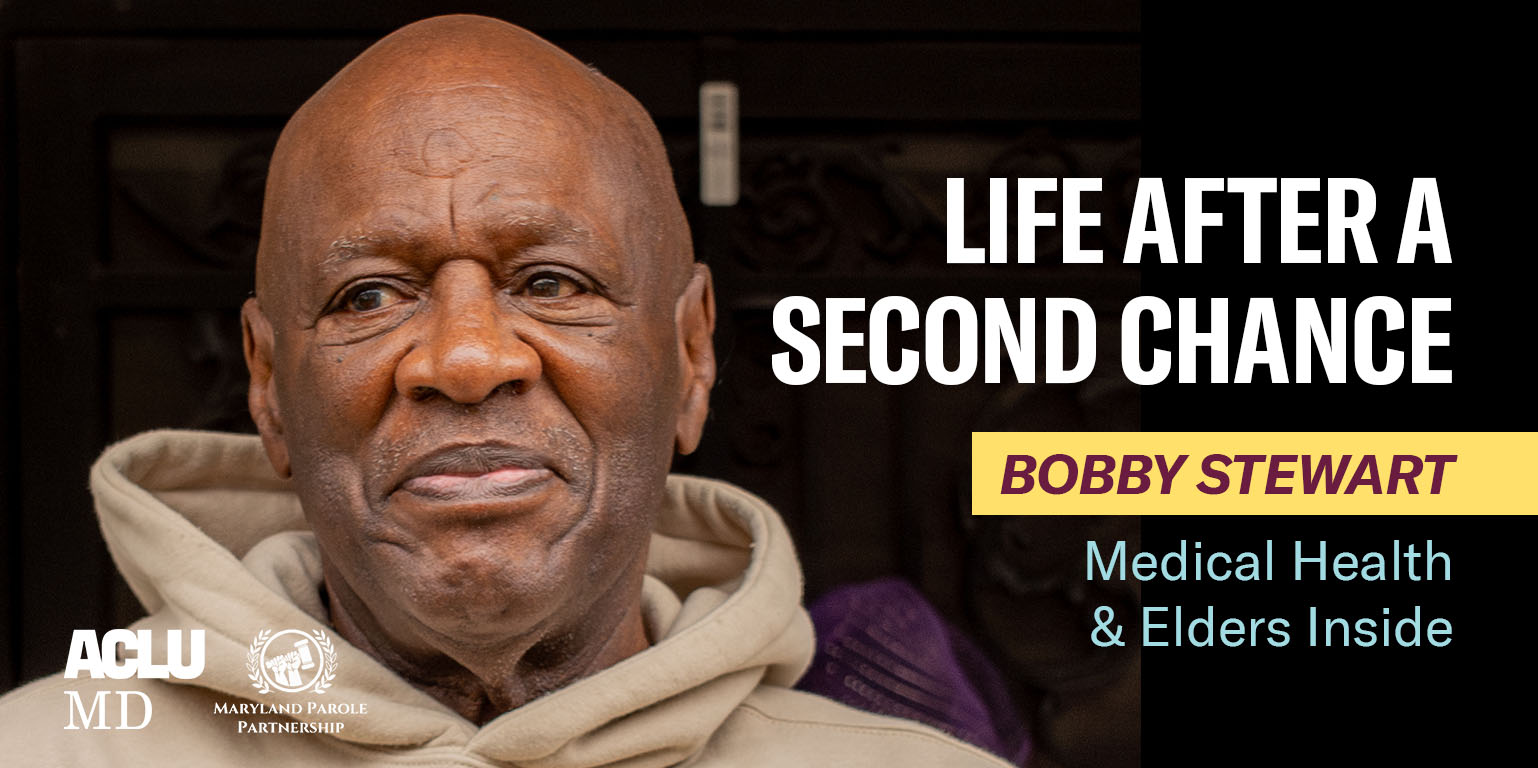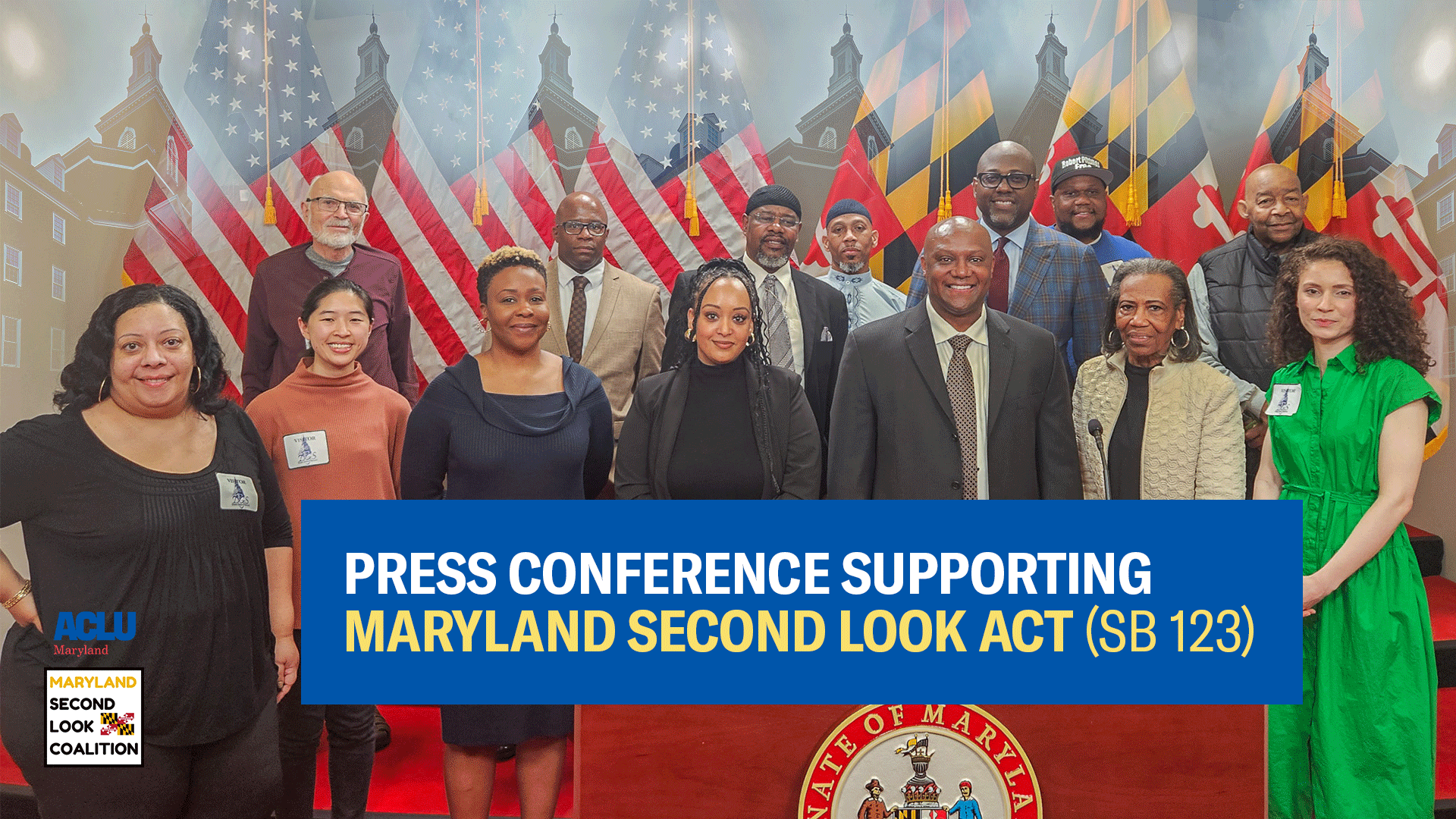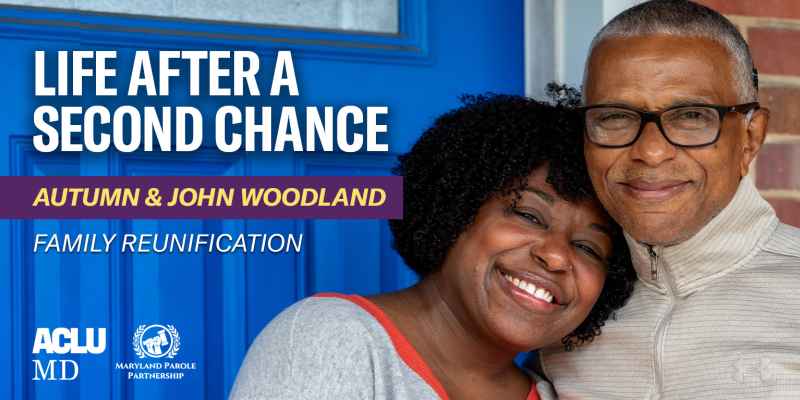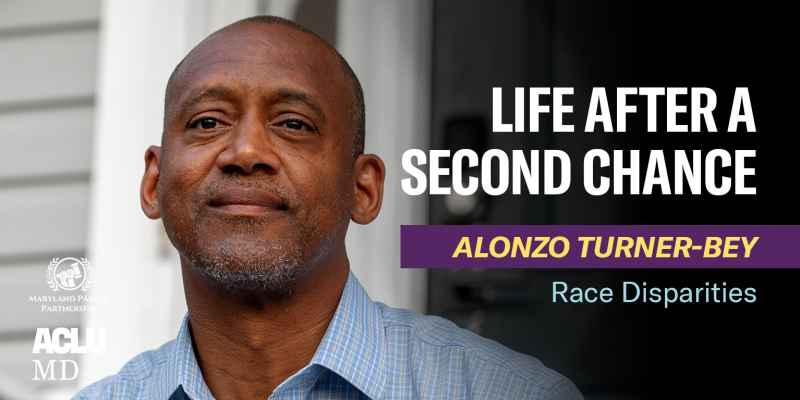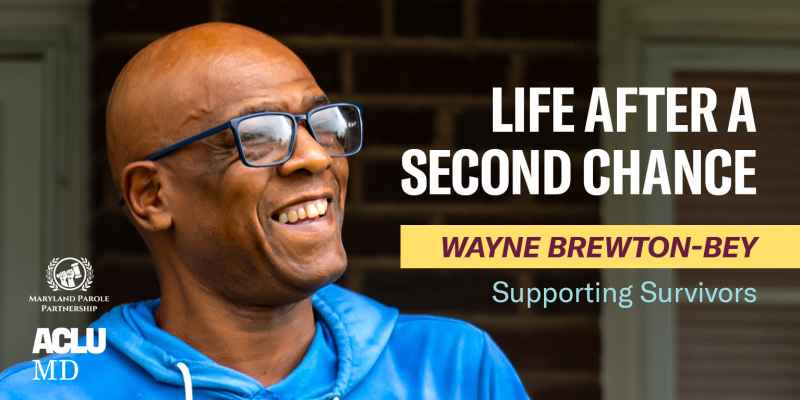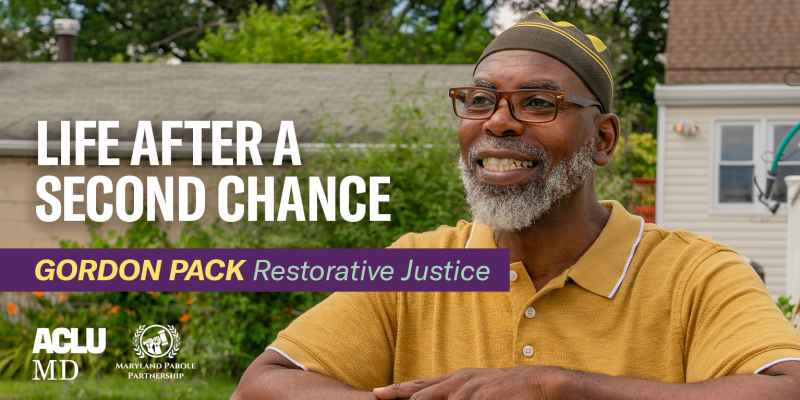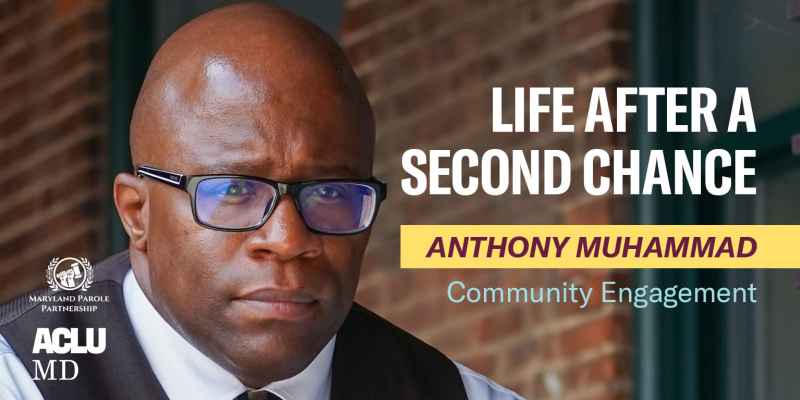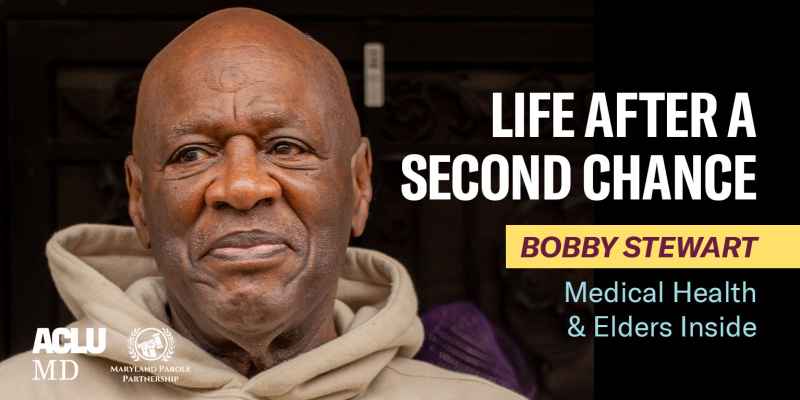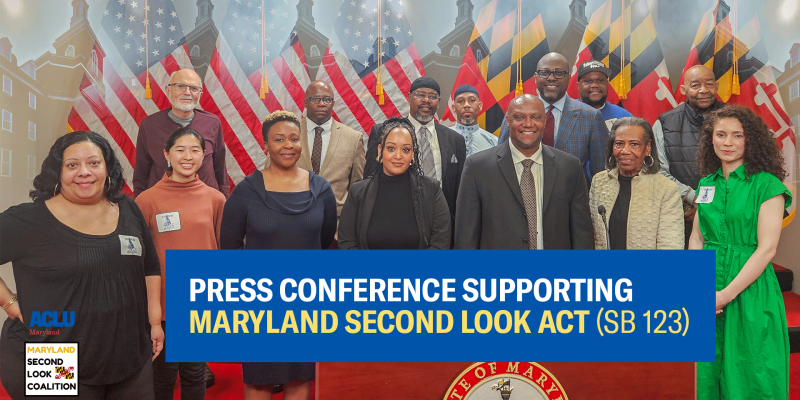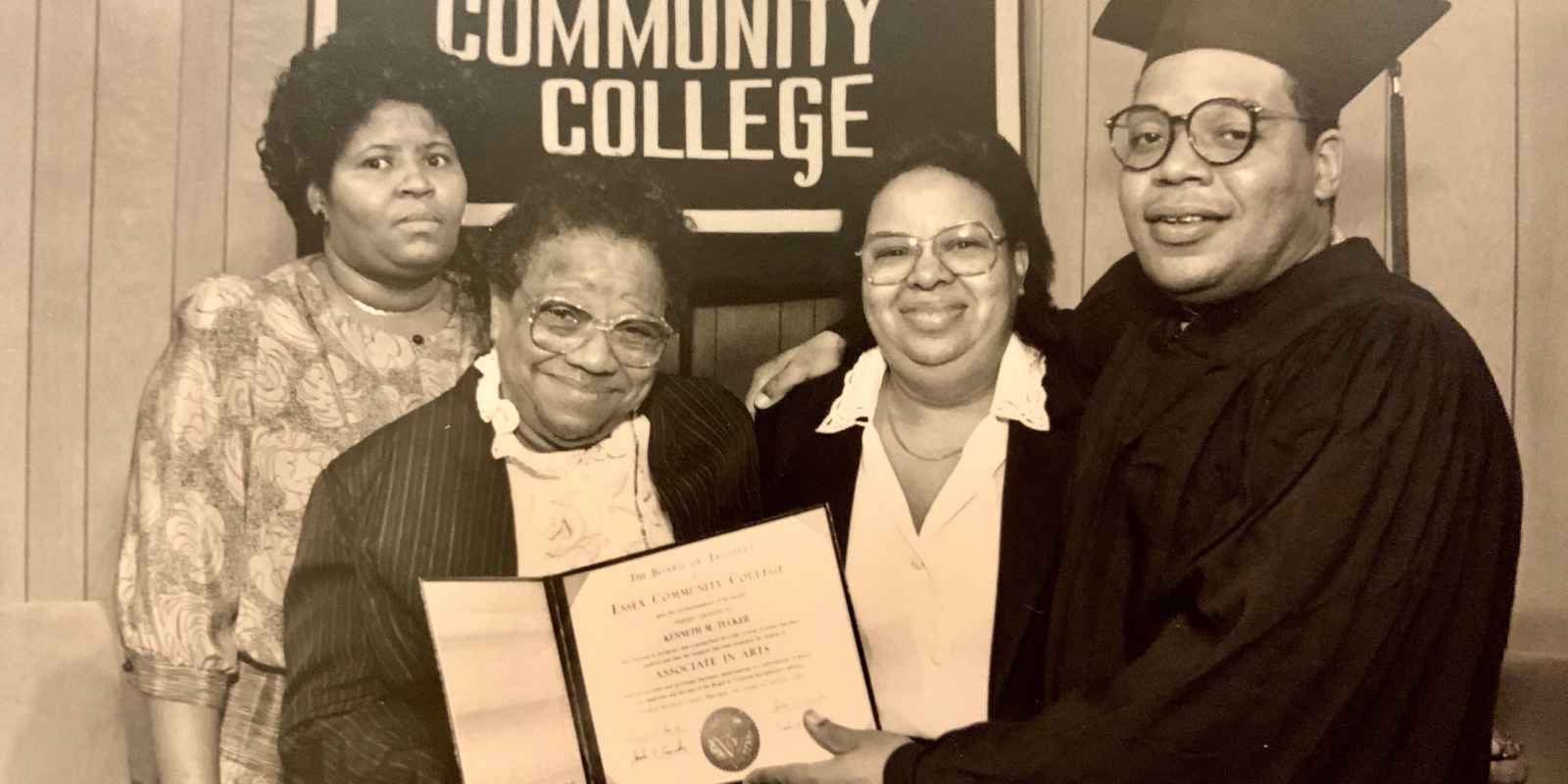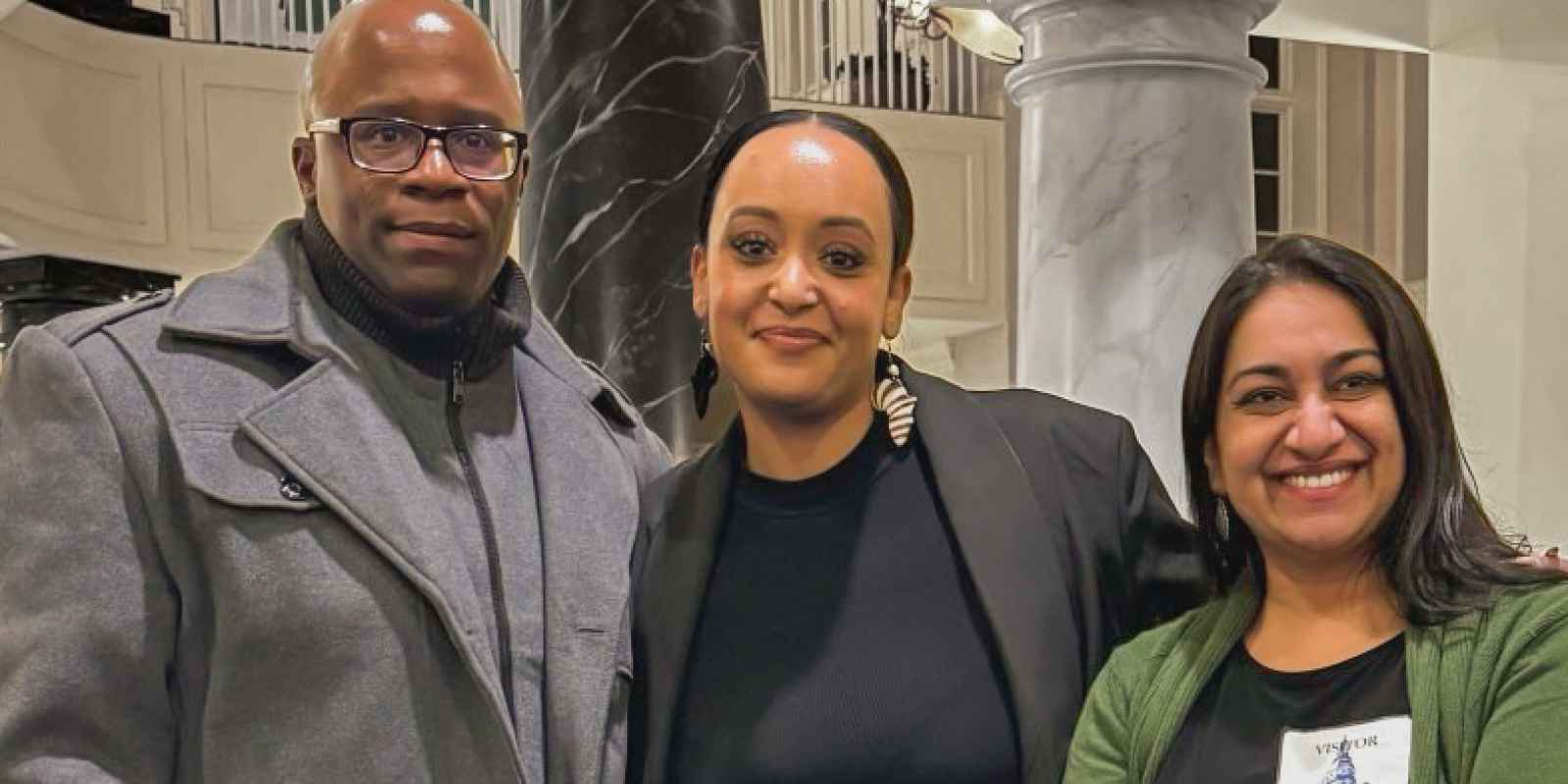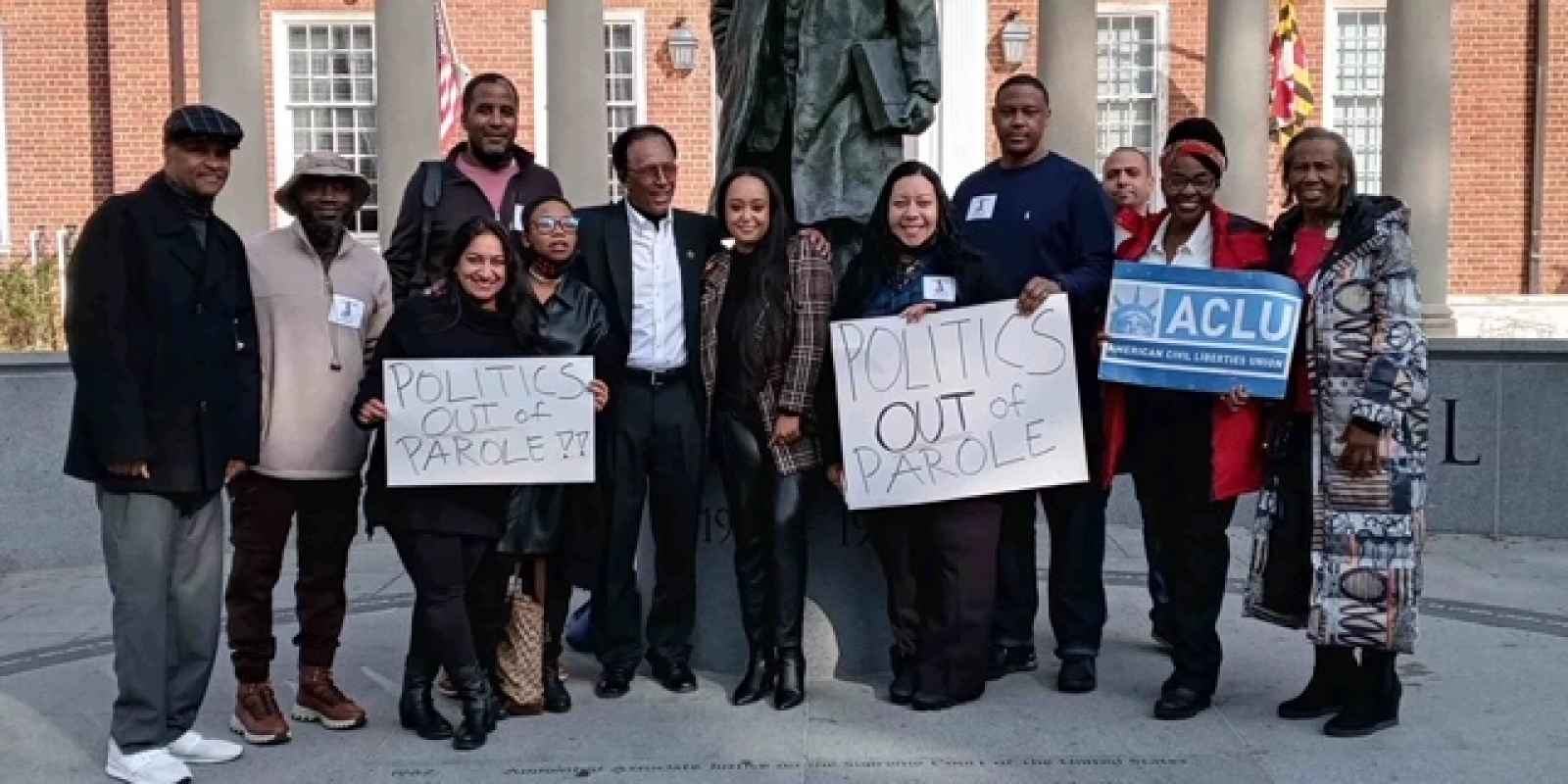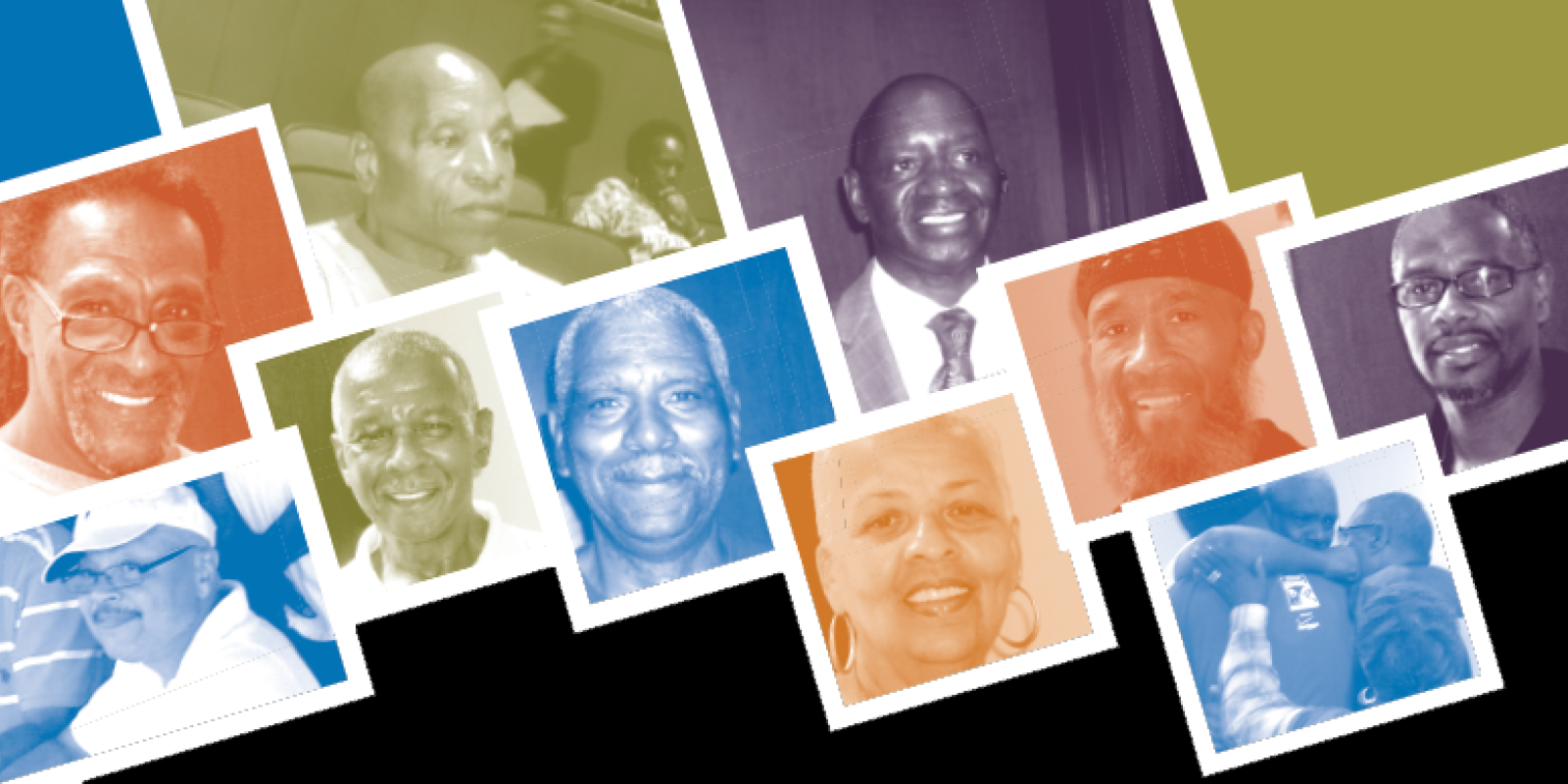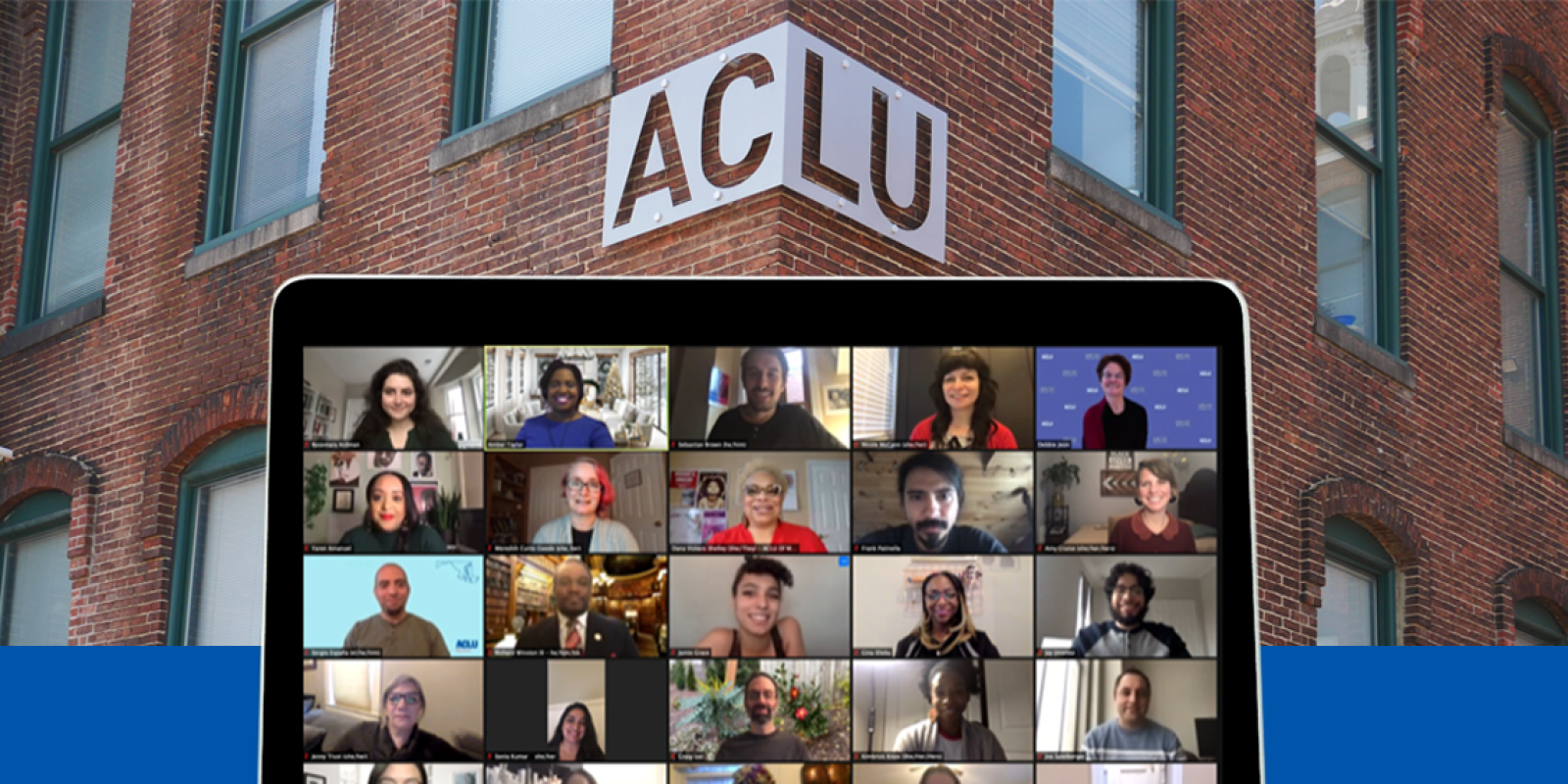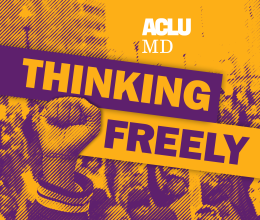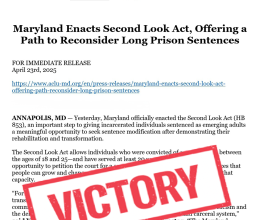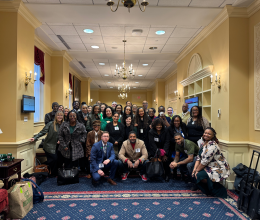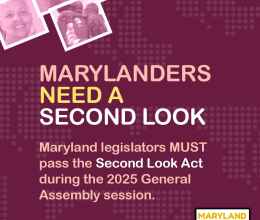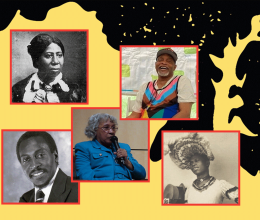
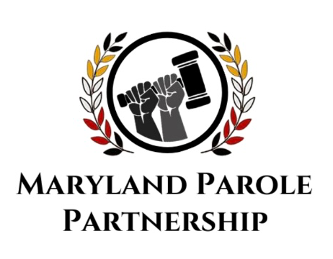
The Maryland Parole Partnership (MPP) is the result of the lifelong work of numerous people serving life sentences who organized behind prison walls, the family members who supported them, and the advocates they recruited to join them. Our goal is to help facilitate meaningful parole consideration for individuals serving parole eligible life and long-term prison sentences that have been incarcerated for at least 25 years, have demonstrated their maturity and rehabilitation, and are ready to contribute to our communities.
MPP builds partnerships with legal professionals (attorneys, law schools, legal clinics, and organizations) that we recruit, train, and assign to represent our clients pro bono during the parole process. MPP’s model recognizes the expertise and wisdom of people serving life sentences and their family members, while incorporating the professional skills, resources and legitimacy that lawyers and law school students can bring to their advocacy efforts.
We believe in restorative justice.
We believe in the lost sentencing ideal of rehabilitation, which has now been replaced with simply warehousing – costing tax payers millions of dollars unnecessarily to incarcerate people that have been reformed. There are volumes of data, studies, and research that prove people age out of crime. People change. As legendary civil rights attorney, founder of the Equal Justice Initiative, and author of the book Just Mercy, Bryan Stevenson, stated: “Each of us is more than the worst thing we’ve ever done.”
We believe this is a racial justice issue.
Maryland incarcerates the highest percentage of Black people in the country. Despite only being 32 percent of Maryland’s population, 71 percent of Maryland’s prison population is Black, which is twice the national average. Nearly 80 percent of the people serving life sentences in Maryland are Black, and Maryland leads the nation is sentencing young Black men to life, 25 percent higher than the second leading state of Mississippi. Maryland has the worst race disparities in the country.
